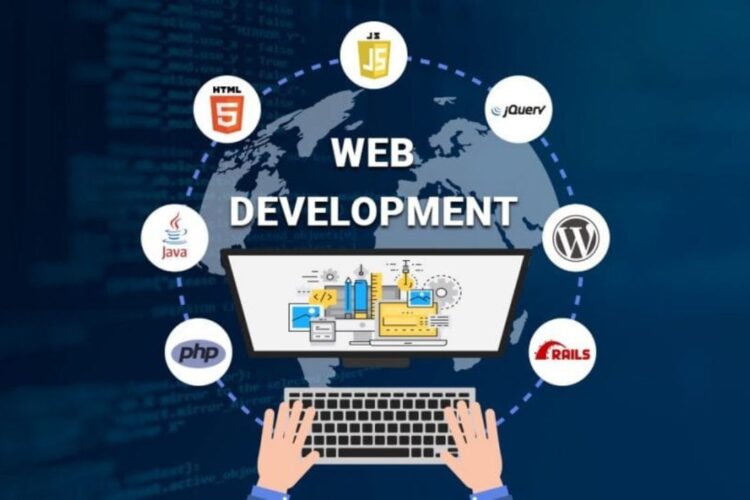
8 Constructive Web Development Tools For Web Developer
Web developers are responsible for developing dependable web applications, which involve coding, debugging, and server management. Fortunately, web development tools simplify this process without sacrificing the quality of work from web developer Orlando Florida.
With the ability of enhanced cyber security, these development tools posses a number of evolving built-in features. However, with many tools available, selecting the right one is definitely a challenging decision. Here we discuss the factors to consider when choosing web development tools and provide a list of the best options.
Why Do Developers Need Web Developer Tools?
Web development is a complex process requiring multiple stages to create a user-friendly website. Web Developer Orlando Florida have several responsibilities, including choosing the correct framework, host, server, and development language.
Fortunately, tools and software exist to simplify and streamline the development process.
However, it’s essential to choose the right tool as selecting the wrong one will result in a compromised work.
The following are the main aspects to think about when picking web development tools:
• Complexity: Ensure the tool is suitable for your needs and abilities.
• Security: Look for a tool that offers robust security features to protect your app from cyber attacks.
• Scalability: Choose a tool that works well with both small and large projects.
• Cost: Consider the pricing system, as some tools are free, while others require a subscription.
• Programming languages: Pick a tool that is compatible with your programming language.
• Platform support: Check that the tool offers adequate assistance and support in case of software issues.
Development Tools To Learn
Envato
Envato is a front-end development tool for web developer Orlando Florida that supports web frameworks like JavaScript, CSS, and HTML. It offers 1000+ HTML5 templates to create graphical user interfaces.
Grunt
A JavaScript task manager called Grunt simplifies tedious tasks like testing and compilation. It has plugins, enables simple automation, and is adaptable enough to accept your own plugins.
Adobe Dreamweaver
Adobe Dreamweaver is an easy-to-use tool for building websites without deep coding knowledge. It allows drag-and-drop functionality, making easier file management, better accessibility, and beginner-friendly.
Node Package Manager (NPM)
Node Package Manager (NPM) is an open-source tool that enables building with essential JavaScript tools, featuring excellent team management functionalities, security auditing, access control, de-duplicated development, and customer support, making it an ideal solution for small to large organizations.
Ruby on Rails
Ruby on Rails creates a well-organized code library, improving the “mining job” by allowing one step at a time. It also facilitates users with instant answers like menu builders and form. The accessibility ease is surely one characteestic why this web development equipment to become the part of a newbies’s toolkit.
Bootstrap
Bootstrap is a popular front-end development tool known for its responsive web design capabilities, ease of use, and large community that provides free templates and tutorials.
Sass
Sass extends CSS functionality with inheritance, nesting, inline imports, and more. It’s compatible with all CSS versions and popular frameworks. Install it in your project and compile it to CSS with the sass command.
Chrome Developer Tools
Chrome DevTools is a web development tool available on Chrome and Safari, enabling developers to access their web application’s internals. It features network tools and a timeline to optimize loading flows and understand the browser’s behavior. The tool also allows quick diagnosis of issues and optimization of website speed.
Summing It Up
In conclusion, web developer Orlando Florida tools are essential for streamlining complex front-end and back-end development workflows. The success and efficiency of a project can depend on choosing tools that fit its budget and scale.
Code or text editors, version control systems, web frameworks, debuggers, libraries, prototyping tools, and container software are among the many forms these tools can take.



